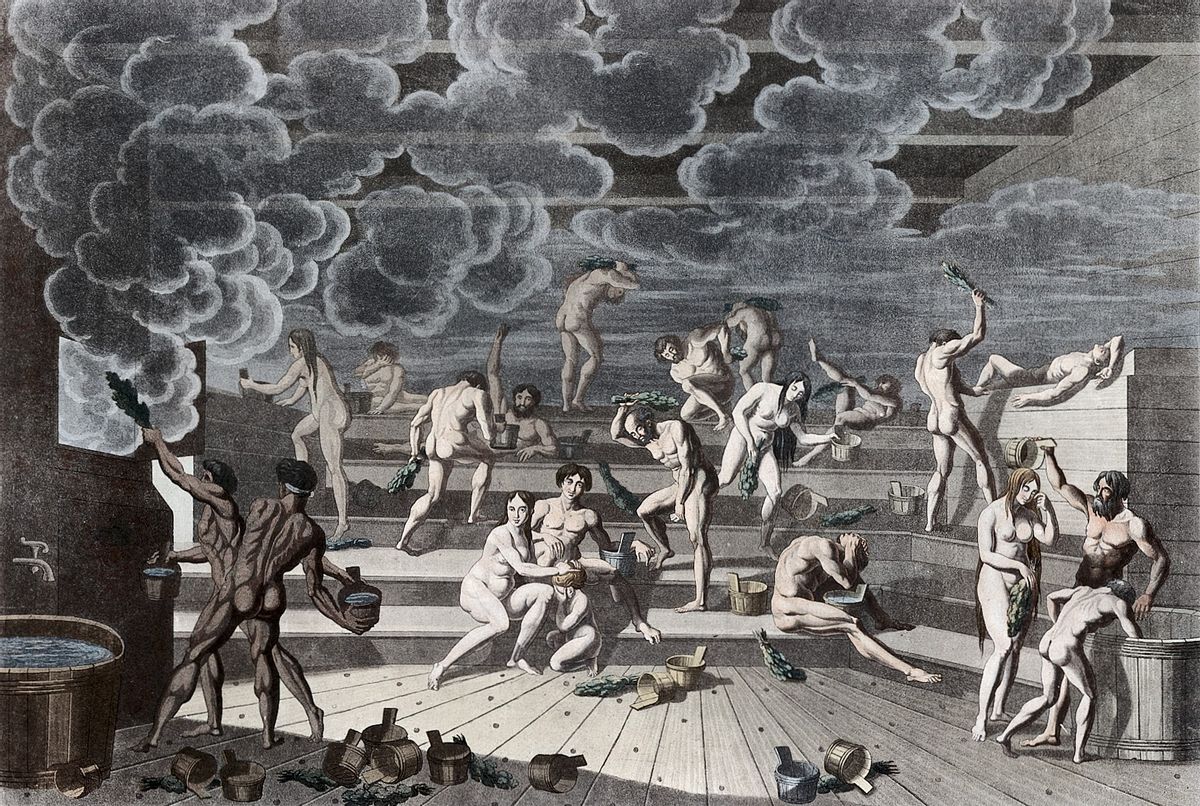Bathing does not prevent someone from contracting an STD or STI, but after touching your partner’s genitals, you should still wash before touching your mouth, genitals, or eyes, to prevent the spread of sexual fluids.
A common belief goes that people should shower or bathe after sex for basic hygiene. But advice on this varies — it depends on what kind of intercourse a person has, the risks of certain infections, the cleaning techniques used, and the body's own self-cleaning mechanisms.
However, just washing is certainly not enough to protect against catching sexually transmitted infections (STIs) or sexually transmitted diseases (STDs). An erroneous 2015 post titled "New Study Proves Taking A Shower Immediately After Sex Will Prevent STDs" was making the rounds in late 2022, claiming a Harvard Medical Center study found that showering immediately after sex washes away STDs. The article was on a website that features the disclaimer that it is "intended for entertainment purposes only" and "our website and social media content uses only fictional names, except in cases of public figure and celebrity parody or satirization":
According to Dr. Richard Long, after sex with a partner of 'unknown STD status,' a regular shower using soap, hot water, and regular shampoo and conditioner, can completely wash away any and all sexually transmitted diseases.
"Basically, it's really quite simple," said Long. "If you're happily humping away with some boy or some girl whose sexual history you don't know, or who you cannot completely trust to be telling you the truth, just immediately go and take a hot shower after intercourse. If you can manage to get into the shower within 2 minutes of orgasm, you are nearly 100% likely to wash away any STDs you may have been at risk in contracting."
The article's claim was, of course, incorrect. Bathing does not wash away STDs, which often are transmitted through vaginal, oral, and anal sex, particularly because they are transmitted through bodily fluids and/or during intimate contact. STDs and STIs are either viral or bacterial but are transferred at the moment of sexual contact, so washing afterward will not get rid of them. According to Planned Parenthood: "Getting or not getting an STD isn't a sign of how "clean" or "not clean" you are. And bathing after sex doesn't prevent STDs, but condoms, internal condoms, and dental dams do."
Ultimately, abstinence or using condoms and dental dams are the best ways to prevent infection. With that said, one should wash hands with soap before touching one's mouth, eyes, and genitals after touching someone's genitals. This will prevent the spread of sexual fluids to different body parts. People should also wash shared sex toys with soap and water before touching them to another person's body. And finally, getting tested regularly for STDs will help prevent their spread.
A 2000 study in the American Journal of Preventive Medicine found that out of 3,500 people who had gotten an STD, nearly half thought that douching their genitals after sex would help protect them against STDs. Some 16 percent thought that washing their genitals after sex would also protect them. In fact, these are not effective prevention methods, and douches often increases the risk of STDs, as they can irritate the genitals.
It is perfectly natural and acceptable to wait a while before cleaning oneself fully after sex. According to Healthline, there is no special hygiene routine after sex, though some recommend urinating soon after to reduce the chances of getting a urinary tract infection (UTI). However, this does not work for everyone, and is only a partial solution to prevent UTIs.
The Centers for Disease Control and Prevention (CDC) also recommends using condoms, having fewer partners, getting vaccinated for specific diseases, and regular testing as the most effective ways to prevent and crack down on STDs.


